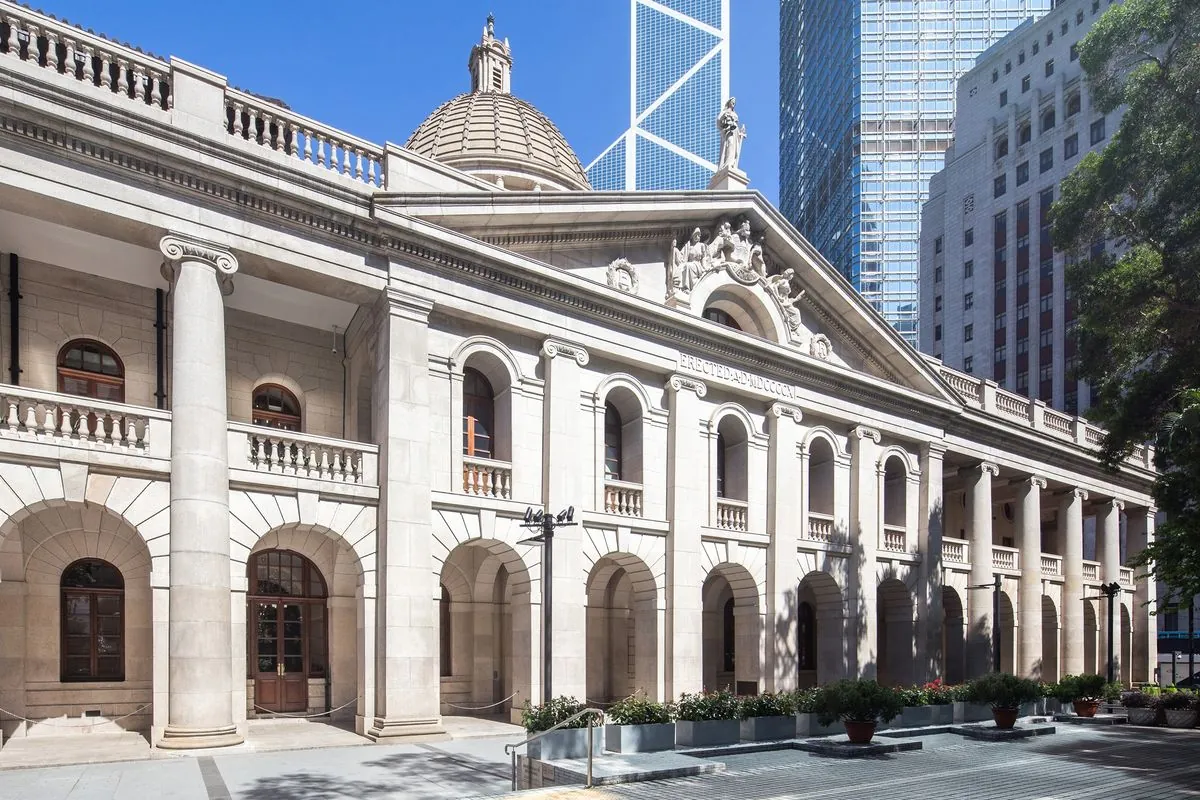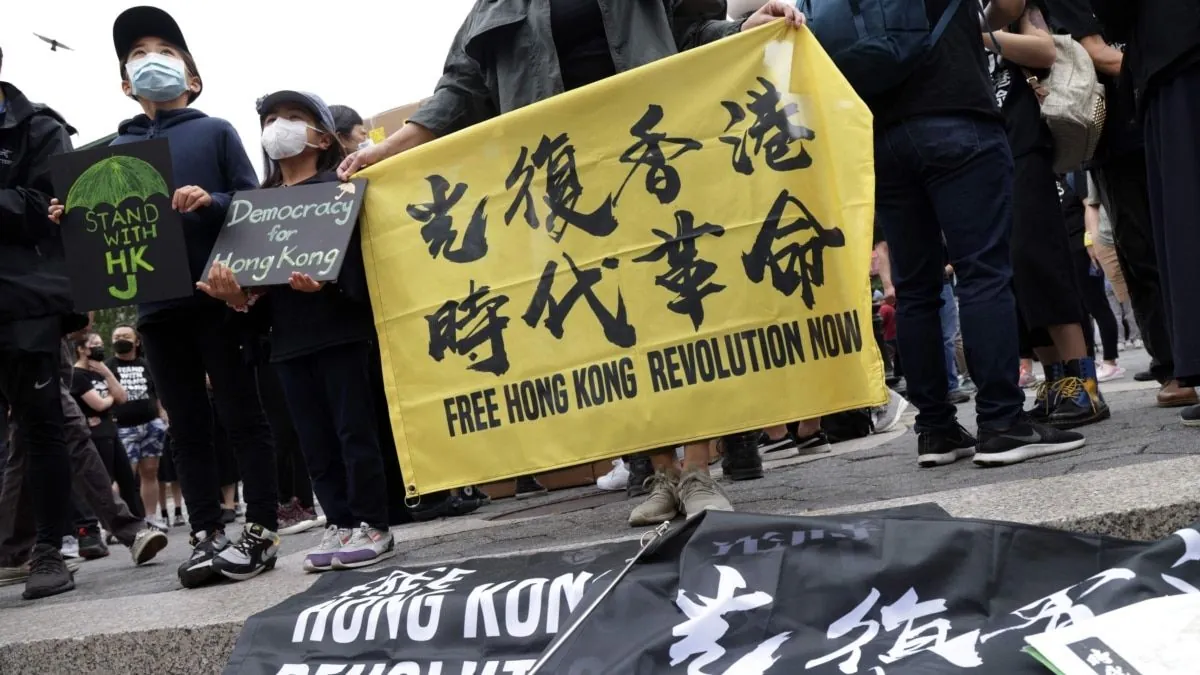Hong Kong Court Upholds Convictions of Pro-Democracy Activists
Hong Kong's top court dismisses appeal by Jimmy Lai and others convicted for unauthorized 2019 assembly. Decision sparks debate on foreign judges' role amid national security concerns.

Hong Kong's Court of Final Appeal has unanimously rejected an appeal by Jimmy Lai and six other pro-democracy activists, upholding their convictions for participating in an unauthorized assembly in August 2019. This decision, made on August 12, 2024, comes amid ongoing debates about judicial independence and national security in the former British colony.
Jimmy Lai, the 76-year-old founder of the now-defunct pro-democracy newspaper Apple Daily, along with veteran democrat Martin Lee and five others, were found guilty of taking part in a procession during the extensive pro-democracy protests that swept Hong Kong in 2019. These protests, the largest in Hong Kong's history, saw an estimated 2 million people participating at their peak and were initially triggered by a proposed extradition bill.
The appeal centered on the principle of "operational proportionality," derived from two non-binding decisions of Britain's Supreme Court. This legal concept questions whether the conviction aligns with fundamental human rights protections. The presence of David Neuberger, a former head of Britain's Supreme Court, on the panel of judges hearing this case has reignited discussions about the role of foreign judges in Hong Kong's highest court.

Hong Kong's legal system, based on English common law, has traditionally included foreign judges, a practice unique among China's legal systems. However, this tradition has come under scrutiny following the implementation of national security legislation. In June 2020, Beijing imposed a national security law criminalizing secession, subversion, terrorism, and collusion with foreign forces. Subsequently, in March 2024, Hong Kong's legislative council passed Article 23, a new local national security law.
The court's decision comes two months after the resignations of two British judges from the Court of Final Appeal. One of them, Jonathan Sumption, stated that Hong Kong was becoming a totalitarian state and that its rule of law had been "profoundly compromised." Despite these concerns, David Neuberger told Reuters in mid-June 2024 that he would remain on Hong Kong's highest court "to support the rule of law in Hong Kong, as best I can."
The convictions have resulted in varying sentences for the activists. Lai and three former lawmakers - Lee Cheuk-yan, Leung Kwok-hung, and Cyd Ho - received prison terms ranging from eight to 18 months. Martin Lee, often referred to as the "father of democracy" in Hong Kong, along with barrister Margaret Ng and veteran pro-democracy politician Albert Ho, were given suspended sentences.
Jimmy Lai's legal troubles extend beyond this case. He has been held in solitary confinement for over three years and eight months since December 2020. Lai now faces a separate national security trial and is currently serving a sentence of five years and nine months for violating a lease contract related to his newspaper's headquarters.
The Hong Kong Security Bureau reports that 301 individuals have been arrested for acts or activities endangering national security, with 176 persons and 5 companies facing charges. These statistics highlight the broader impact of the national security legislation on Hong Kong's political landscape.
As Hong Kong continues to navigate the complexities of the "one country, two systems" framework proposed for its return to Chinese rule in 1997, the Court of Final Appeal's decision marks another significant moment in the ongoing debate over the city's autonomy, judicial independence, and the balance between national security and civil liberties.


































